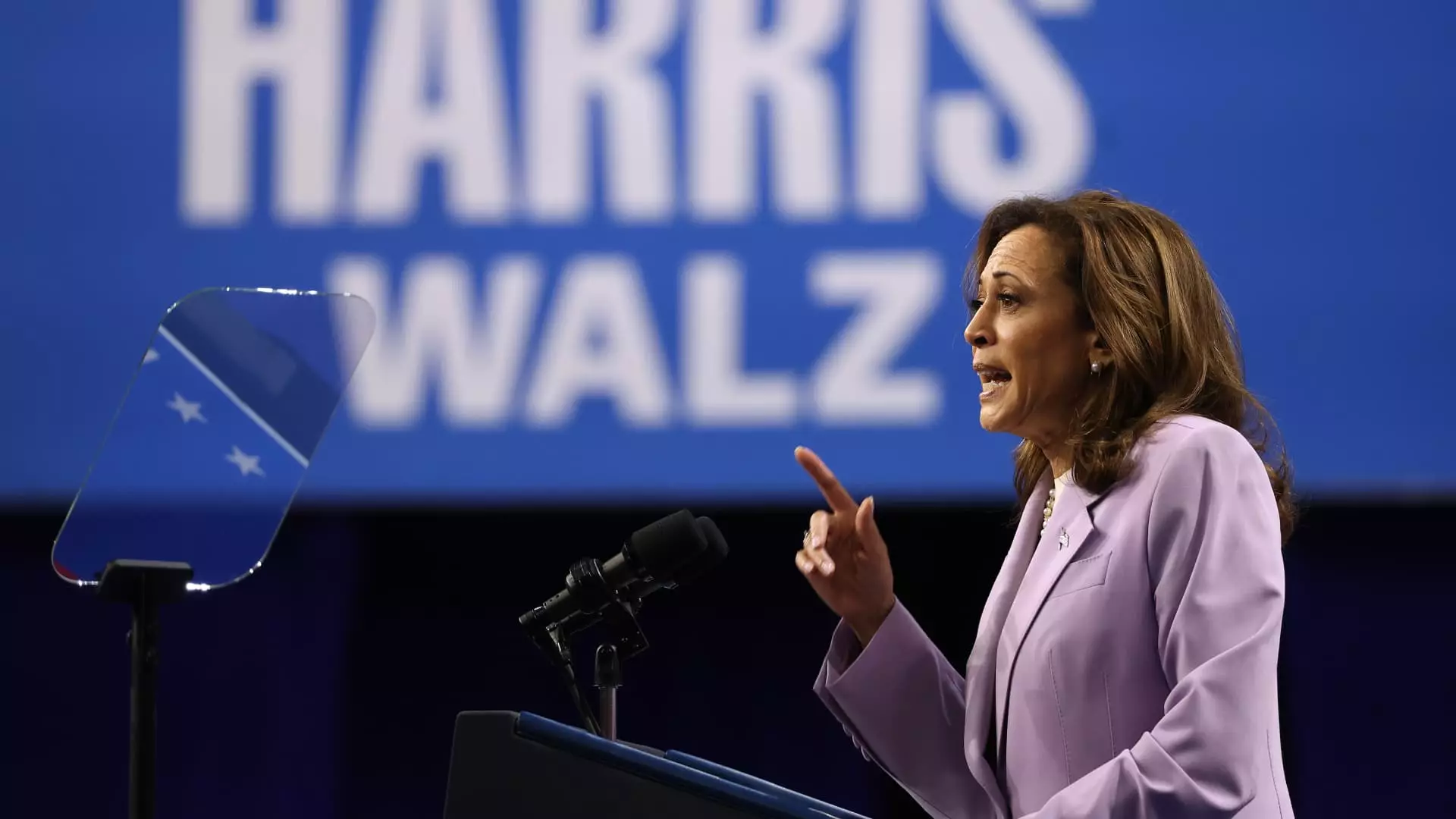Kamala Harris, Vice President of the United States, recently unveiled an economic policy proposal that focuses on increasing affordable housing in the country. Harris aims to lower the costs of owning and renting a home in the U.S. by constructing 3 million new housing units over the next four years. This proposal has been met with support from experts in the housing industry, who believe that increasing the housing supply is crucial for improving affordability.
Experts like Daryl Fairweather, chief economist at Redfin, and Dennis Shea, executive director of the Bipartisan Policy Center’s J. Ronald Terwilliger Center for Housing Policy, view the initiative to construct new housing units as a positive step towards addressing the affordability challenges faced by renters and first-time buyers. The idea of introducing tax incentives for homebuilders who sell starter homes to first-time homebuyers is also seen as a way to promote the creation of affordable housing in distressed communities.
However, not everyone is on board with Harris’ housing plan. Edward Pinto, a senior fellow at the American Enterprise Institute’s Housing Center, has criticized the proposal, stating that it would be worse than doing nothing. Pinto believes that supply-side proposals like the one put forth by Harris are more challenging to implement compared to demand-side efforts that make homebuying easier for consumers. The lack of clarity on what constitutes a “starter home” is also a concern raised by critics like James Tobin, CEO of the National Association of Home Builders.
Another aspect of Harris’ proposal is the creation of a $40 billion innovation fund that would empower local governments to address housing issues at the local level. While this idea has potential, experts like Daryl Fairweather are skeptical about its effectiveness. Fairweather argues that the federal government may have limited authority over local planning commissions, which could hinder the fund’s ability to achieve its intended goal. Additionally, the high cost of the innovation fund might make it difficult to garner bipartisan support in Congress.
Harris also aims to provide support for first-time homebuyers by offering $25,000 in down-payment assistance to those who have paid rent on time for two years. This proposal aligns with the Biden-Harris administration’s goal of increasing homeownership among first-generation buyers. However, critics like Senator Tim Scott are concerned that this assistance could further drive up demand without addressing supply issues, potentially leading to higher prices and defaults among buyers.
In addition to supporting first-time homebuyers, Harris has called for the passage of two key pieces of legislation to protect renters. The Stop Predatory Investing Act aims to remove tax benefits for those who own a large number of single-family properties, while the Preventing the Algorithmic Facilitation of Rental Housing Cartels Act targets companies that use algorithms to fix market rent prices. These initiatives could help curtail practices that harm renters and promote a more equitable rental market.
Overall, while Kamala Harris’ affordable housing proposal has garnered both support and criticism, it is clear that addressing the housing affordability crisis in the U.S. will require a multi-faceted approach that considers the needs of both renters and homebuyers. The success of these initiatives will depend on careful planning, coordination with local governments, and bipartisan cooperation to ensure that all Americans have access to safe, affordable housing options.

